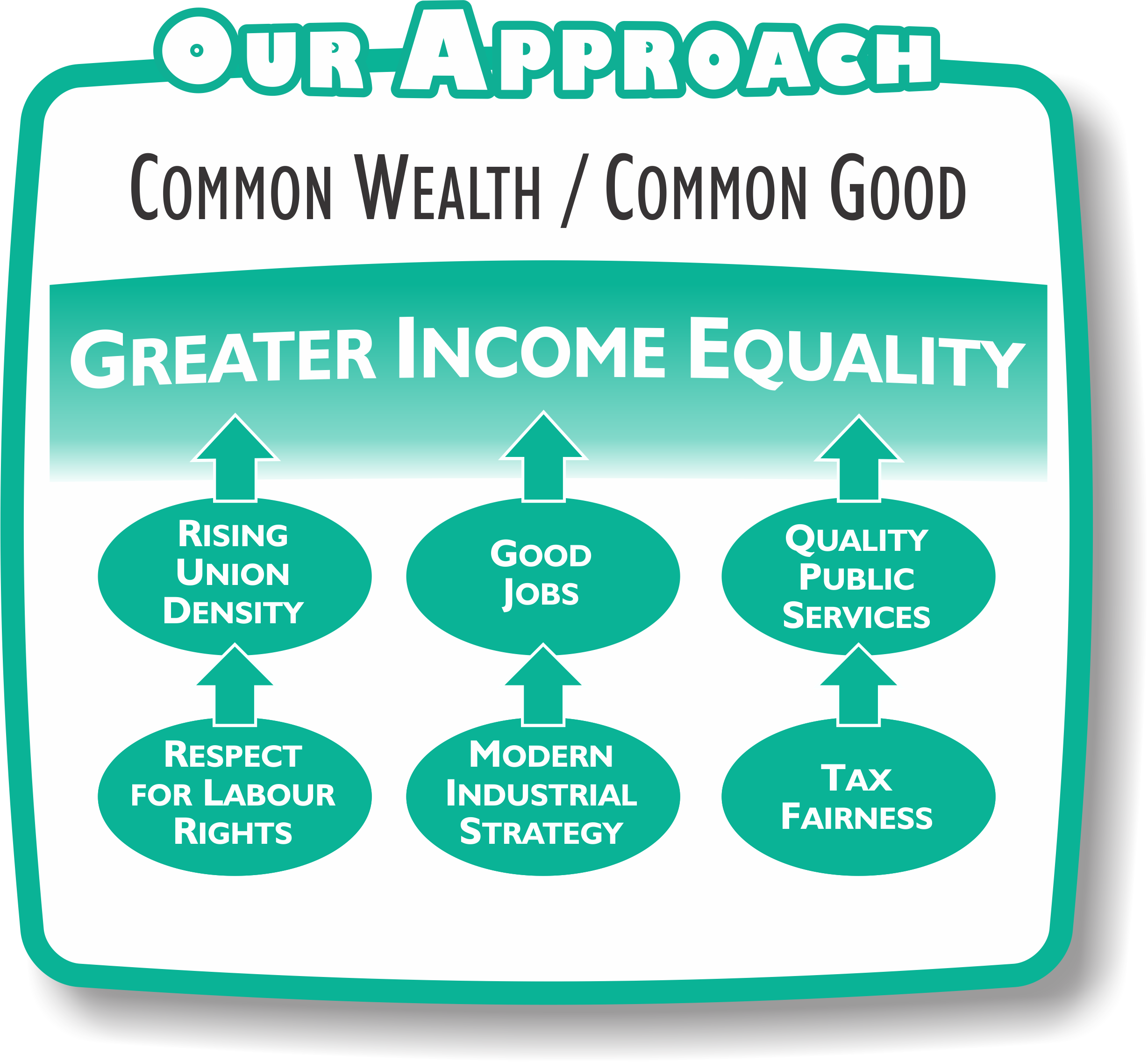BAD ACTORS
McNeil government tops list of government attacks on labour rights

STEPHEN McNEIL HAS GOT IT IN FOR UNIONS. The evidence is as clear as the three court challenges his government faces over recent changes made to labour laws in Nova Scotia.
But the McNeil government is hardly alone. Disrespect for labour rights protected by our Charter of Rights and Freedoms continues to be as common in Canada as snow in February. This unfortunate reality is clearly set out in the latest edition of Backgrounder: Summary of current Charter challenges and their impact on union security in Canada.
14 Charter challenges in the courts
The publication is the work of the Canadian Foundation for Labour Rights (CFLR). It is updated annually. The 2018 edition provides a summary of the 14 cases before the courts that challenge labour laws on the basis that the laws violate Canada’s Charter of Rights and Freedoms.
Four new Charter challenges in 2017
Four of the 14 challenges noted in this year’s edition were passed in 2017. Two of those laws were passed by the McNeil government in Nova Scotia:
- Bill 75 against the province’s 9,300 teachers and
- Bill 148 against all other public service employees in Nova Scotia.
Both laws outlaw collective bargain in the public sector for four years, unilaterally impose four-year collective agreements containing wage freezes and eliminate previously negotiated retirement benefits.
The other two new challenges are against laws in Ontario and Manitoba:
in Ontario Bill 178 ended a five-week strike of 12,000 faculty employed with the province’s 24 public colleges and
in Manitoba Bill 28 bans collective bargaining in the public sector for four years by imposing a two-year wage freeze followed by two years of legislated wage increases in collective agreements covering 120,000 public employees in the province.
New laws contravene recent Supreme Court rulings
What makes these four new laws especially troubling is that they fly in the face of recent and clear Supreme Court rulings against similar laws.
A 2007 Supreme Court ruling on collective bargaining said it is “a fundamental aspect of Canadian society” that “reaffirms the values of dignity, personal autonomy, equality and democracy” upheld by the Charter of Rights and Freedoms.
The 2015 Supreme Court decision also went on to rule that workers not only have that right, but the related rights to choose the union of their choice and to strike.
The other Charter challengers outlined in the backgrounder provide updates on seven active cases already before the courts, as well as three cases that were closed in 2017.
A valuable resource for unions and labour law community
CFLR published the first version of the backgrounder in January 2013. CFLR recognized the need for this publication because many challenges against restrictive labour laws before the Courts were proceeding without knowing that another union had a similar challenge against the same legislation.
“What we hoped to accomplish with this publication was to promote greater coordination and cooperation amongst unions to ensure that we present strong and coordinated arguments before the courts,” notes CFLR Chairperson, James Clancy.
Clancy pointed out that there is no better example of the benefit of greater coordination by unions of legal challenges than the positive labour rights decisions handed down by the Supreme Court of Canada in 2015 and 2016, These decisions affirmed the long-standing and widely accepted international principles that the right to join a union, engage in collective bargaining and take strike action are basic human rights.
- 30 -












Add new comment